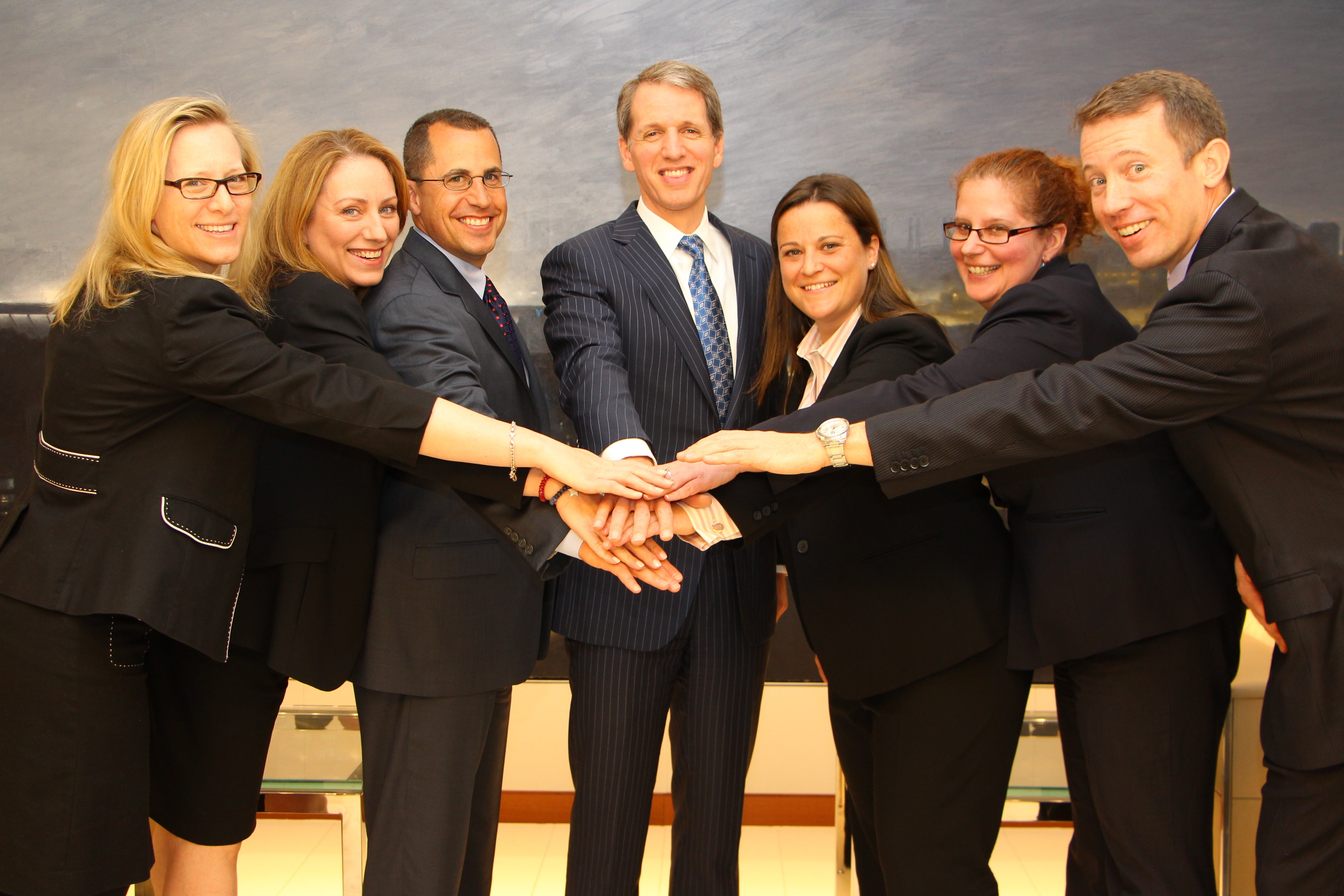A Multi-Faceted Approach to Creating Value: Technology, Convergence, and Value-Based Fee Arrangements
By Jennifer J. Salopek
Over the past seven years, the Marsh & McLennan Companies Global Legal Department has embarked on a strategic plan to reduce legal costs, particularly outside counsel fees, while improving the overall quality of legal services to the company. Since 2008, the MMC legal department has reduced outside legal fees by 56 percent. The department's strategic plan in this regard has three major elements: implementing new technology, reducing the number of outside law firms and pursuing innovative, value-based fee arrangements.
Over the last couple of years, MMC Legal leveraged new technology in pursuit of innovation and improved metrics. The department recently completed a global implementation of Datacert’s Passport system for e-billing and matter management, and has transferred over 85 percent of its outside legal spend to the system. The implementation included a migration from a legacy system that was over 20 years old. MMC Legal was Datacert’s first global customer to implement Passport.
“With new technology and improved reporting, we’re now more focused than ever on metrics that give us the ability to measure performance and operational efficiencies,” says Michael Caplan, MMC Legal’s Chief Operating Officer. Accordingly to Caplan, these metrics include global spend by operating company, line of business, region, law firm, and matter. Reports analyze both cost savings and cost avoidance.
Concurrently with the implementation of new technology, MMC Legal launched an initiative to streamline the number of outside law firms used by the department. A group of preferred firms was selected, reducing the overall number of outside firms from over 400 to about 50. A Request for Information was sent to these 50 firms with questions ranging from capabilities to rates to appetite for value-based fee arrangements.
A significant output from the exercise was the development of a new standard-form engagement letter entered into with each preferred provider, setting forth standardized billing guidelines. The engagement letter also requires law firms to provide a business case, key dates and deliverables, suggested staffing models and blended rates for partners and paralegals for non–fixed-fee work. Caplan estimates that the move to a preferred provider list and consistent billing guidelines has saved MMC at least $10 million annually since July 2011.
“We have taken control of our outside legal spend,” he says. This approach had the stamp of approval of Peter Beshar, Executive Vice President & General Counsel. “Peter manages the department from the top down. It was easy for me to convince him that we had to look at the outside firms at the same time as we were implementing new technology,” Caplan says. “In terms of getting our in-house lawyers on board, I had to have support from the top.”
MMC Legal is increasingly making use of value-based fee arrangements, having begun using them about three years ago on M&A transactions. The company moved to an alternative-fee model in 2012 through competitive bidding, but expects to increase its utilization of these types of arrangements in 2013, especially in the areas of litigation, M&A, subpoenas, contracts and intellectual property.
From left to right: Paula McGlarry, Lucy Fato, Michael Caplan, Peter Beshar, Kate Brennan, Jennifer Feldheim, and James McNasby
“We have really moved toward fixed fees, feeling that they’re really the only kind of alternative fee arrangement we can stick to, because they’re tied to scope,” says Caplan. “We’ve gone from 0 percent of matters under fixed fees to 40 percent.
“We care greatly about predictability. It is more important to us than price. We have notified all of our preferred partners that we are moving all work for key matter areas to fixed-fee pricing; the responses have been very positive,” he says.
How has the MMC Global Legal Department been affected? “We manage our internal headcount based on the needs of our businesses,” says Caplan “Our view is that in-house lawyers can add more value over time than outside firms. By reducing our overall legal spend, we are able to strategically add more internal resources to support growth.” In addition, MMC Legal is looking to move to a shared service model, where in-house lawyers will support multiple operating companies.
“A primary goal of the Marsh & McLennan Companies Legal Department is to create value: for our business colleagues, our company’s clients and our shareholders. We believe we can accomplish this by using sound judgment to focus on the things that matter and striving to be efficient in all that we do,” says Beshar. “We expect the same of our outside counsel partners and look to them to help us design value-based fee arrangements that make sense for the matters we work on together. Above all, we look to create lasting relationships with all our constituents, as a way of maximizing the value we add to all the matters that we touch.”

